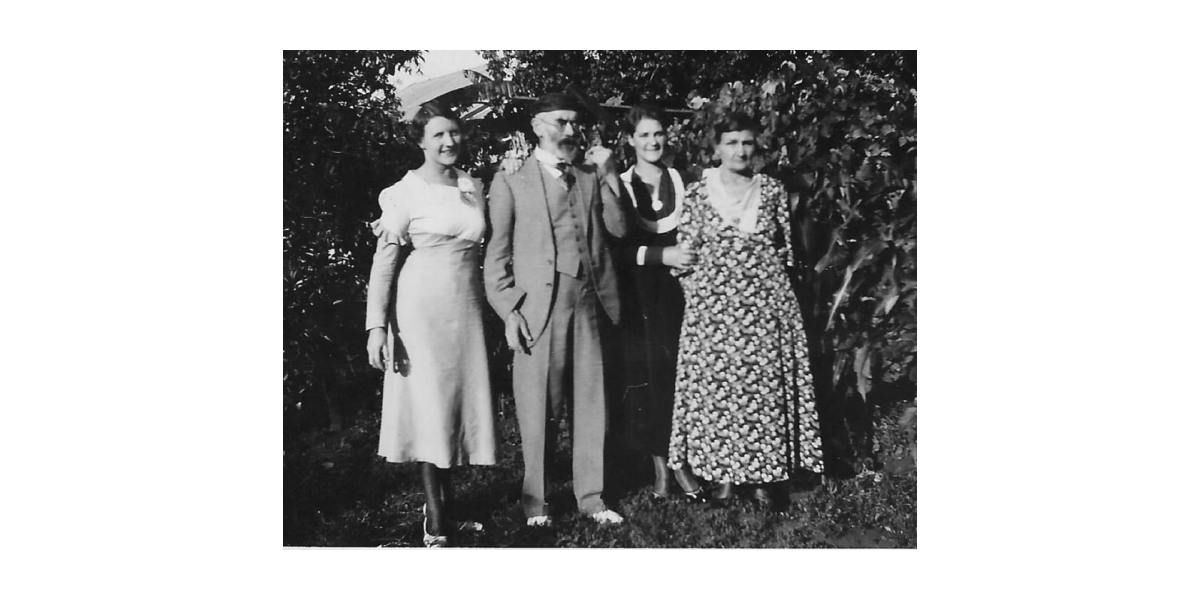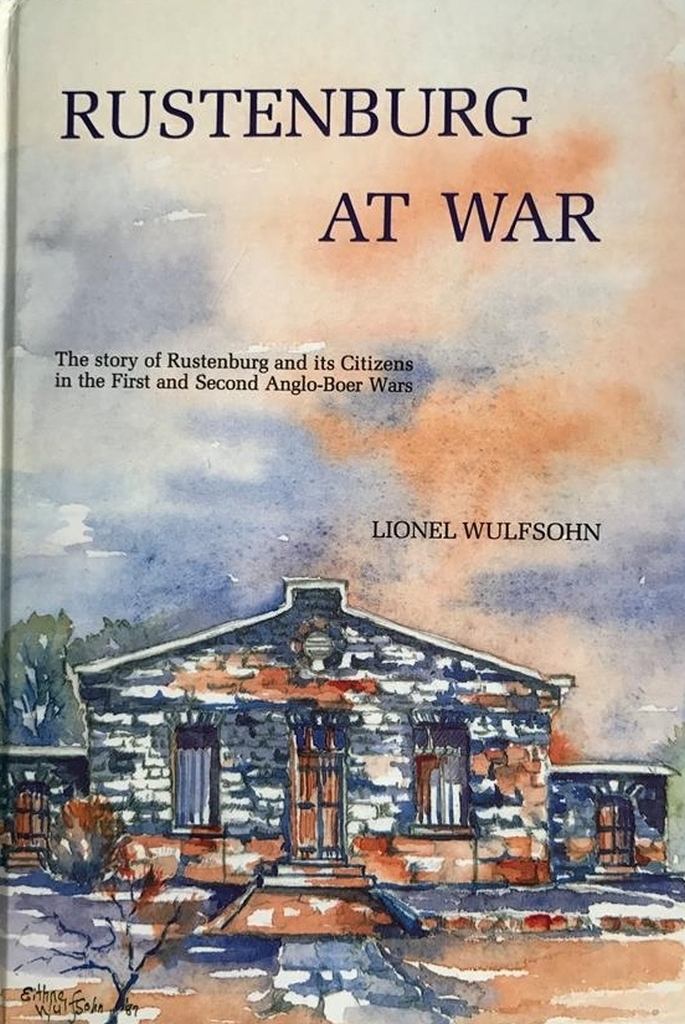
Rustenburg at war
When I started asking questions about our Ouma Lampen, I knew very little about her. Nobody could tell me her first name. Ouma was simply “Ouma”. Her name had slipped through that old Victorian Vacuum of adults who did not share anything with their children, and children living by the old code of “kinders moet gesien word en nie gehoor word nie”, or “kleine muisjes het grote ore”. (Oh, here and there a child may have stood behind a door when there was some whispering going on about a family scandal… I won’t reveal who!).
I am still feeling the loss of not knowing my grandparents personally. I was two years old when Ouma died, and Oupa was long dead by then. Putting together these stories is helping me catch a glimpse of them. Understanding the times that the “Afrikaanders” (their name for themselves) lived through in the 1800’s may help us have much empathy and grace for their culture and beliefs as they woke up to this turbulent dawn of the twentieth century. The Boer War itself is an emotional minefield to walk through, quite honestly. So much muck… Still, I want to know what was going on in our family’s lives, who influenced them directly, where they were and what they lived through. Piecing this information together through Groot-Oupa Heystek and Emmie Heystek’s letters, the few articles and one book I have been able to get hold of is quite the historical journey. Here a name crops up, there a photo, this fact jumps out and suddenly scenes open up that continue to rivet me to this stage. Through my oldest daughter’s university (thank you, Rice University!) I was able to get hold of Lionel Wulfsohn’s “Rustenburg at War: The Story of Rustenburg and its Citizens in the First and Second Anglo-Boer Wars”, which helps add some muscle to the family bones. Hopefully I can paste these stories together in the next three posts:
• That Blêddy Spider
• Concentrated Death and Destruction
• What About the Men?

Here is what precedes That Blêddie Spider:
• October 1899: War breaks out; some Rustenburg burgers form part of the Boers’ siege of Mafeking (then the administrative headquarters of the British Bechuanaland Protectorate). I don’t know if our family was involved in this. Emmie simply writes about some of the men being “out on commando”.
• November 1899: Derdepoort Massacre.
• December 1899: reprise attack on Kgatla.
• January 1900: relative quiet in town of Rustenburg until
• May 1900: Boer siege of Mafeking is broken by Lt. Gen. Baden-Powell; many demoralized Boere defect and sign the Birtish Oath of Neutrality.
• June 14, 1900: Baden-Powell troops reach Rustenburg. Now starts a “game of military musical chairs” between the Brits and the Boere, during which our Tante Emmie’s fiesty personality shows itself… (Rustenburg at War p. 82).
Previously published on: https://www.facebook.com/groups/Lampens/